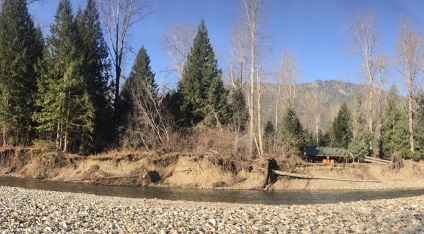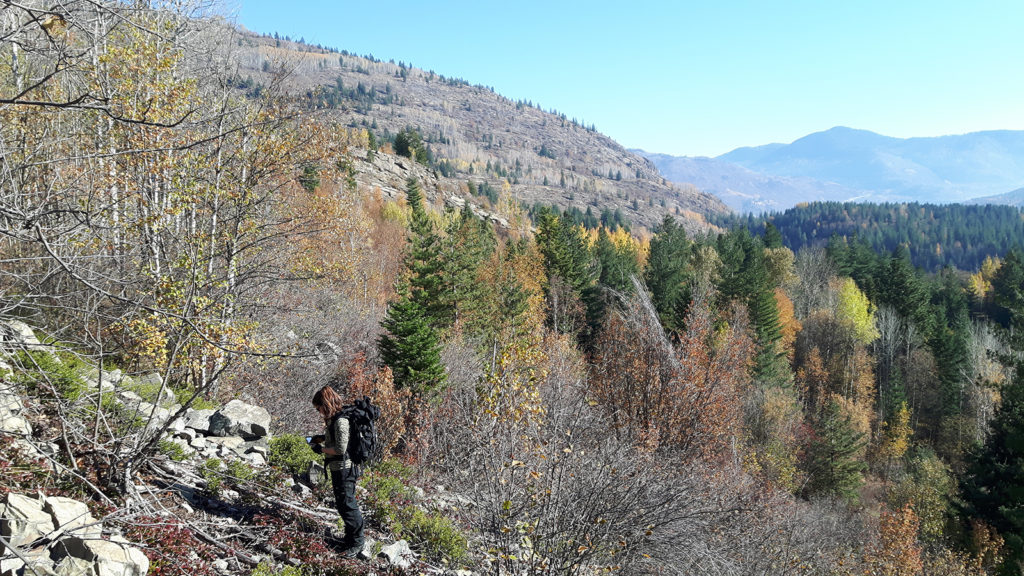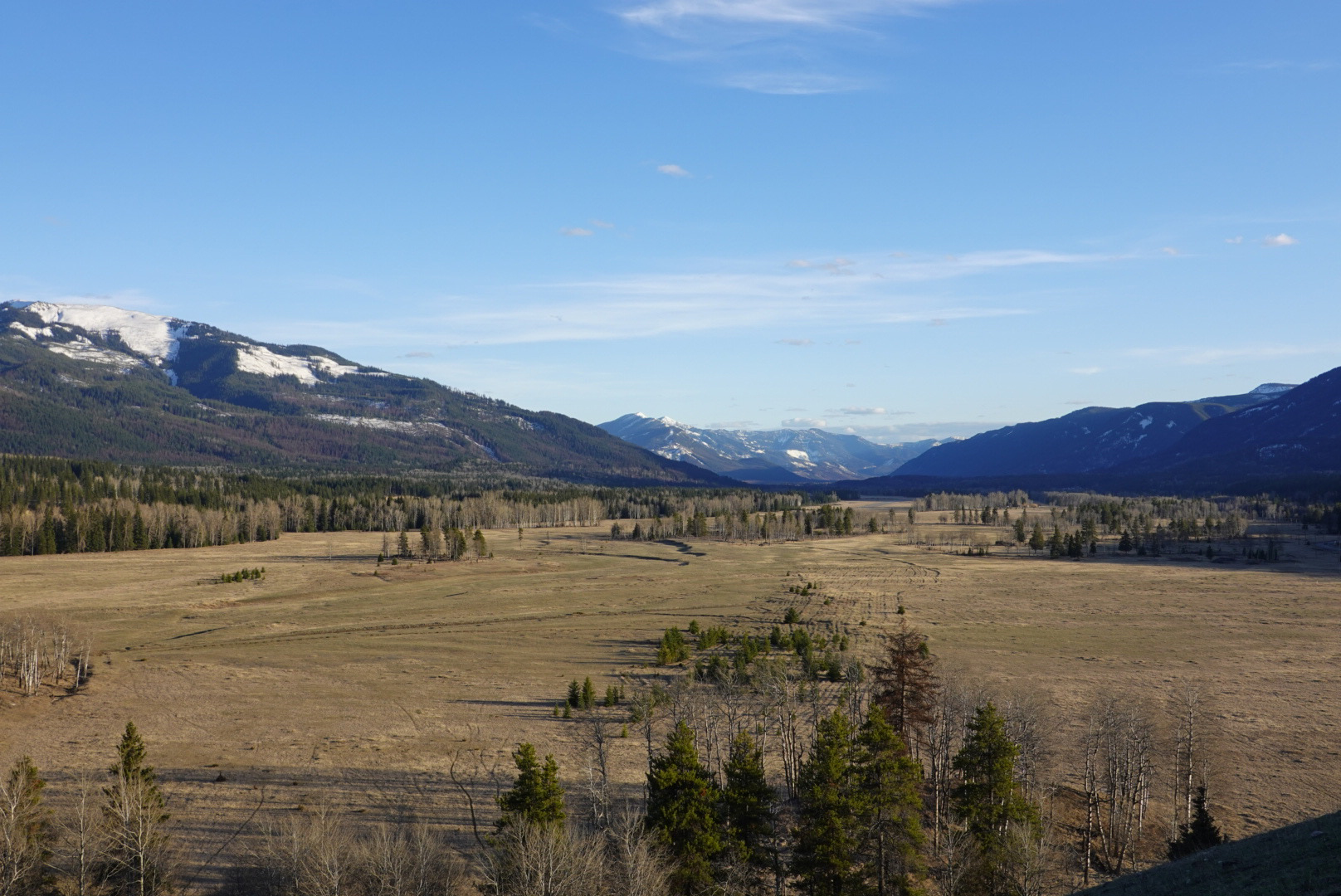Three large-scale projects meant to improve the local ecosystem in the Elk Valley and Lower Columbia will receive a share of $1.35-million in funding from Columbia Basin Trust.
The Trust said the projects will go to benefit locally significant wildlife, including Rocky Mountain elk, northern rubber boas and bull trout, among others.
Finding for the projects comes from the Trust’s Ecosystem Enhancement Program.
CBT’s Ecosystem Enhancement Program is a five-year initiative aimed at maintaining and improving ecological health and native biodiversity through large-scale, on-the-ground projects.
“This program is a model for how we can focus on local priorities by working together with First Nations, regional environmental groups and community champions that have the knowledge and solutions to local ecological challenges in the Basin,” said Johnny Strilaeff, CBT President and CEO. “We are proud of the partnerships we’ve developed and we look forward to supporting these and more community-led projects to make a meaningful, long-term impact to our natural environments and the species that rely on them.”
Elk conservation in the Elk Valley
In the Elk Valley, $400,000 will go to enhancing 296 hectares of forest, grassland and wetland ecosystems at the Big Ranch Conservation Property Complex for Rocky Mountain Elk and other native species. The land is owned by the Nature Trust of BC and located between Elkford and Sparwood.
CBT said the five-year project, led by the Sparwood and District Fish and Wildlife Association, will focus on removing trees to allow light to reach the forest floor, fertilizing grasses and removing invasive weeds.
The project will also create wildlife trees, preparing a wetland complex and planting trees in some areas to create a visual buffer between humans and animals.
“Land-use changes and a fragmented landscape have harmed critical habitat required to support thriving wildlife populations in the Elk Valley,” said Matt Huryn, President of the Sparwood and District Fish and Wildlife Association. “This project will help reverse the impacts as the property returns to its natural state as a forest-grassland corridor, increasing winter range and restoring grassland ecosystems for the benefit of elk and species-at-risk.”
Stream improvements to aid fish habitats

A section of the Salmo River, (Supplied by Columbia Basin Trust)
The Salmo Watershed Streamkeepers Society will use $300,000 from the Trust to make improvements to redirecting flow and enhance critical ecosystems in the Salmo River.
CBT said the society will also restore approximately 245 metres of a former side channel, protect old-growth cedar trees and encourage the growth of native plants.
“Human activities have left a simplified ecosystem, while bank erosion threatens key habitat features, degrades water quality and widens the channel, which raises water temperature,” said Gerry Nellestijn, Coordinator with the Salmo Watershed Streamkeepers Society. “We look forward to proceeding with this project to address both erosion and simplified habitat. This will help us obtain our long-term vision of restoring the Salmo River watershed and increasing aquatic biodiversity.”
Broad actions to target at-risk species and ecosystems

A partnership that includes the Okanagan Nation Alliance is enhancing habitats for at-risk species and improve threatened ecosystems with support from Columbia Basin Trust. (Supplied by Columbia Basin Trust)
The largest grant, $650,000 will go to a project aimed at improving habitats for birds and reptiles by thinning out conifer trees between South Slocan and the Pend d’Oreille River.
People will also work to plant and armor mature cottonwood trees to protect forests from human and beaver damage.
The five-year initiative will look to improve the habitat for eight at-risk species within a rare, sensitive and threatened ecosystem.
CBT said the project will be completed through a collaboration between the Okanagan Nation Alliance, Trail Wildlife Association and provincial Ministry of Forests, Lands, Natural Resource Operations and Rural Development.
“By increasing the productivity and resilience of these threatened ecosystems, the project aims to improve habitat availability and connectivity for wildlife across the region, especially for at-risk species,” said Yvonne Patterson, Wildlife Biologist, Okanagan Nation Alliance. “Together with key partners, we will work to build awareness and support for ecosystem stewardship, plus collaborate with others in the community on actions that will benefit sensitive ecosystems and wildlife in the future.”





